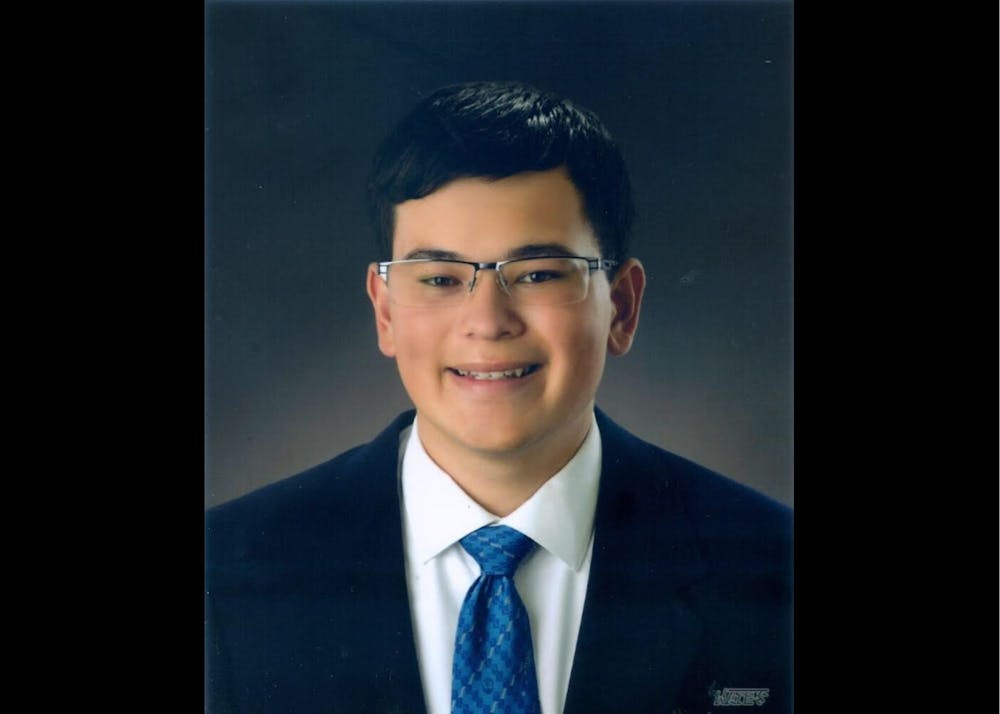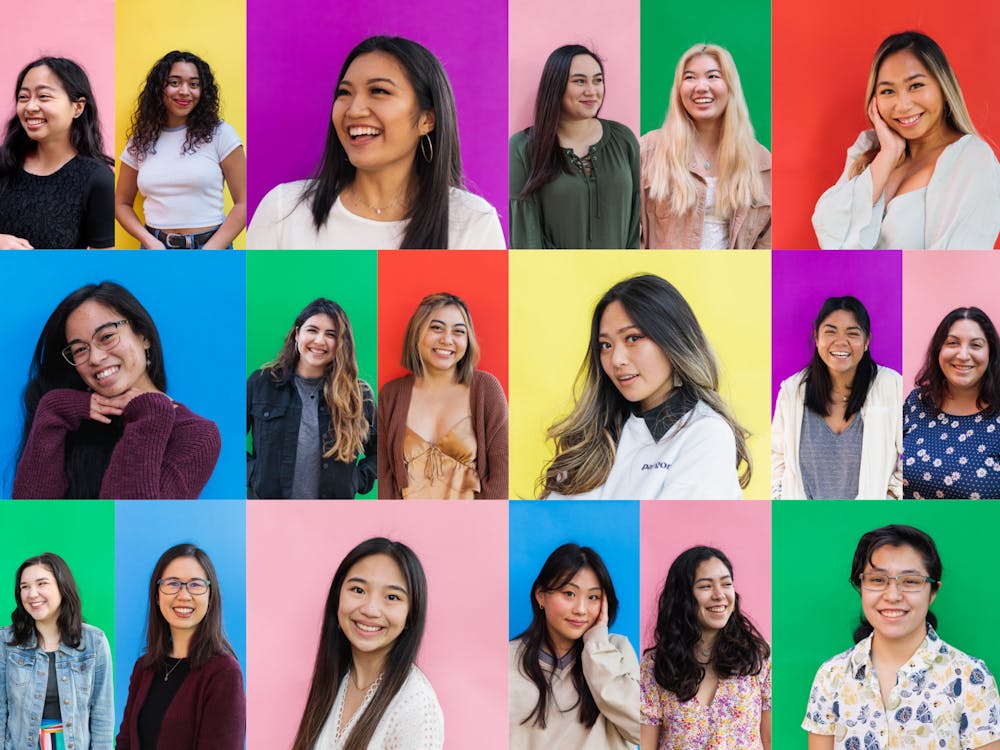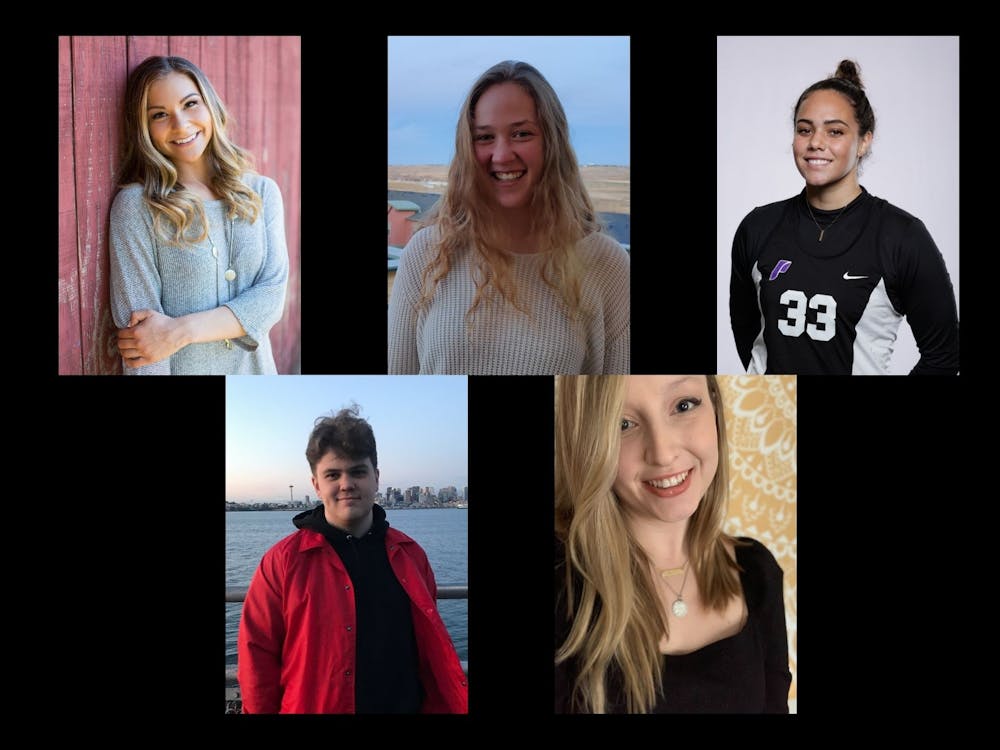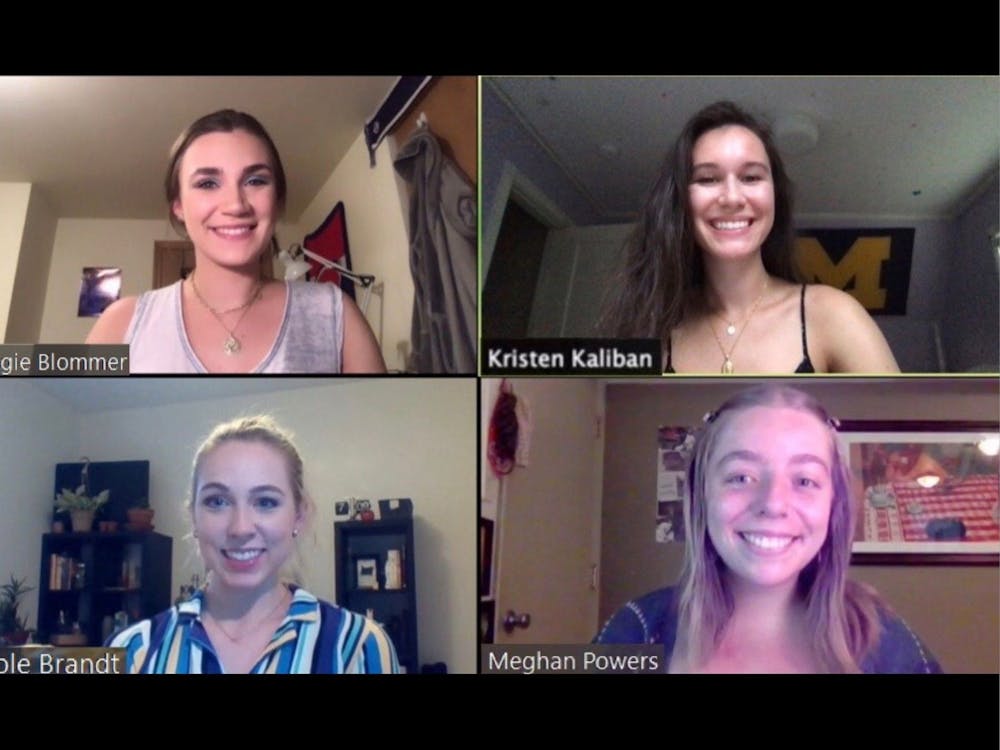Growing up in Hawaii, I often didn't have much choice in selecting my television programming. Most of the programs I was interested in took place during the middle of the day while I was at school or before I woke up and my family didn’t have cable television nor a DVR system. For example, Jeopardy! aired while I was driving home, and my favorite baseball team, the Los Angeles Dodgers, would play while I was learning about matrices in my Algebra 2 class. This meant I missed several events other kids across the country could have witnessed live, such as James Holzhauer’s historic winning streak or Clayton Kershaw’s famous no-hitter.
However, I did not let this extreme time zone rob me of one key aspect of my childhood, waking up to watch Mister Rogers’ Neighborhood on my local PBS station. Every Sunday at 5 a.m. during my elementary school years, I would wake up to see the man in the red cardigan impart wisdom to generations of his viewers.
I honestly don’t know what my life would be like if it wasn’t for Rogers and the funny jokes and calming presence he presented to an often divided and hurting nation. One quote that stuck with me to this day is, "In times of stress, the best thing we can do for each other is to listen with our ears and our hearts and to be assured that our questions are just as important as our answers.”
This past year was as stressful as they come for us as Pilots. I still remember vividly that day a little more than a year ago when we received the email from Father Poorman announcing all classes were to be held online, and in a subsequent message, we had to pack up our belongings and leave within the next four days. Since then, we as a community have weathered this storm together through two and a half semesters of virtual learning, social distancing, masks, and not being able to see each other in-person.
However, there is a light at the end of the tunnel despite all this darkness and stress. Since December, three vaccines have now been given emergency use authorization by the Food and Drug Administration with potentially more forthcoming. As a volunteer with the Hawaii Medical Reserve Corps, I have seen firsthand the power of the Moderna vaccine. We distributed it to our brave first responders in Honolulu County around Christmas (I encourage everyone reading this article to go and get vaccinated when it is your turn.) Armed with these miraculous inoculations, it looks like the world and the University of Portland will be able to return to some sense of normalcy in the fall.
This then brings up the question, with us as a community poised to come back together in person, how can we reconnect “this neighborhood” after being away for so long? Well, I think we best turn to the wise words of Mister Rogers: we sit down and listen. COVID-19 has taught us many things and impacted us differently, and discussing these differences with each other will bring us closer together. That is why I hope the Administration invests time into planning events that allow us to have an open dialogue to connect and debrief this turbulent year.
An article in Psychology Today notes, “While learning how to cope with isolation is important, the need to rebuild social connectivity is real. Enforced distancing measures are not only changing our work, family, and travel routines, but they're also changing how we interact with others.” By having to stand six feet apart and avoiding large gatherings to stop the spread of COVID-19, we created negative repercussions that will impact us into the future.
One way to help bring back this sense of normalcy to the Bluff could be through the introduction of "coffee hours." These could be held throughout the month where students can come and talk about life. By listening to one another, we will grow together as a community. I feel that a small action such as this will help go a long way in reestablishing this tight-knit community that UP is known for. We are all entering a new world when we hopefully return in the fall. COVID-19, coupled with the recent attacks against minorities, will have shaken the foundation in this country.
While I was writing this article, a horrific tragedy occurred in Atlanta, GA. A gunman targeted Asian-American massage parlors throughout the metro-area in an apparent anti-Asian hate crime. This isn't the first time that such an act took place, and the anti-Asian sentiment is on the rise in this country. According to Stop AAPI, a national reporting center, there were over 3,700 incidents where an individual was targeted because of their race in just the last year. As someone who identifies as Asian, this is outrageous, and it, along with other attacks against minorities, must stop. The Administration adopting this dialogue approach will allow minority groups to have their voices heard and action taken. That is why I hope the student leaders in our community and Administration work together to have these open dialogues through events such as "coffee hours," they are sorely needed to help us reconnect and navigate this post-COVID world together.
Mister Rogers was right, we need to listen to each other in times of stress, and I feel that implementing this approach is one way. We are each a neighbor on this Bluff, whether we live on-campus or off, and we each have a unique story to tell. Holding these coffee hours within our community will help not only bring it back to life, it will educate and make it more resilient for the future.
William Heyler is a sophomore political science and education student. He can be reached at heyler23@up.edu.
Have something to say about this? We’re dedicated to publishing a wide variety of viewpoints, and we’d like to hear from you. Voice your opinion in The Beacon.









